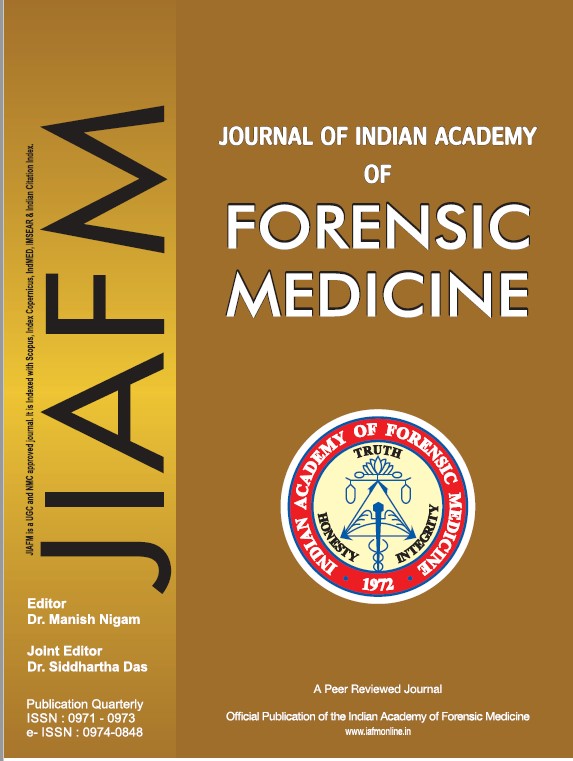Reliability of Glasgow Coma Scale in Traumatic Brain Injury: A retrospective analysis
Keywords:
GCS, Head injury, ICU, Trauma, EmergencyAbstract
Glasgow Coma Scale is a valuable tool in the monitoring and management of traumatic brain injury. Still the reliability of GCS is suspected. A retrospective analysis was undertaken to assess the reliability of GCS recorded in head trauma cases by comparing the initial GCS score recorded following hospitalization and last GCS documented prior to death. Hospital record of sixty cases that had been hospitalized and died of traumatic head injury during treatment was analyzed, over a period of two years. The initial GCS score at the time of admission and last GCS score recorded preceding the death of patient was studied. McNemar-Bowker test was applied for symmetry around the diagonal of the table and Wilcoxon signed-rank test was used to analyze the statistical significance between the initial and last recorded GCS scores. The change in GCS score from initial to last record examined by applying the McNemar-Bowker statistical test and found to be significant (p 0.016). The distribution of median from initial to last GCS record assessed by non- parametric Wilcoxon Signed Ranks test and was found statistically significant (p 0.001). To endure the reliability of GCS and to make it more efficacious, teaching and training in evaluating GCS to its users across relevant disciplines has to be imparted on regular basis. It will improve inter-rater reliability. Standard operating procedures to be formulated for applying standardized stimuli for assessing pain response.


